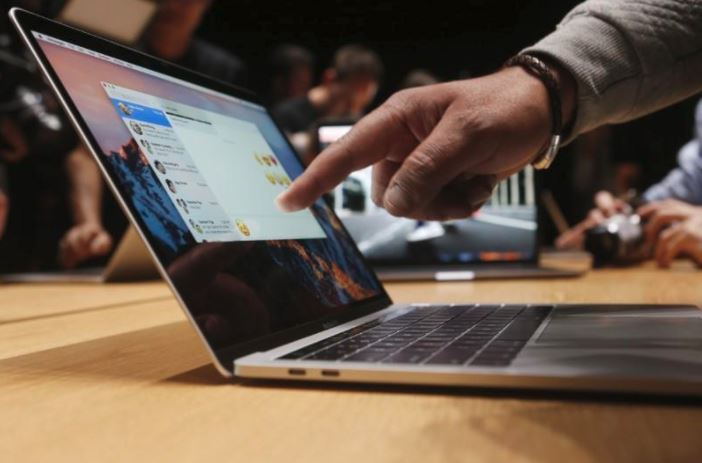Google team discovers major flaws targeting Apple, Android, and PC devices

A group of savvy researchers discovered a big flaw in ARM, AMD, and Intel modern processors that may result to major security problems. Apple, Android, and PC products are all vulnerable to the issue that is in need of immediate action.
Google's Project Zero team found the problem and determined its cause as "speculative execution." The team explained that hackers and other perpetrators can gain access to computers, laptops, smartphones, and tablet devices through speculative execution that allows them to read and manipulate inaccessible files and content from someone's device.

Speculative execution gave way to cyber security attacks such as Spectre and Meltdown for Intel processors. Reports about these cyber issues indicate that both are serious threats to the safety and privacy of users.
"An authorized party may read sensitive information open n applications. Testing also showed that an attack running on one virtual machine was able to access the physical memory of the host machine, and through that, gain read-access to the memory of a different virtual machine on the same host," Project Zero team wrote.
Google has already tasked its security and product development team to fortify Google's interface and entire system. Google also released a security update on Jan. 5 to better shield Android products from Spectre attacks and Meltdowns.
Apple, meanwhile, released a press release addressing the issue. The company, just like Google, released updates for iOS, macOS High Sierra, and Safari to defend devices from the flaws. Apple also stated that the Apple Watch is unaffected by both Spectre attacks and Meltdowns.

Intel will establish a new cyber security group to counter the flaws.
Many publications also quickly addressed the issue by sharing detailed steps on how to protect PC, Apple, and Android products from the cyber attacks. Many tech publications advise people to keep their software or operating system updated. Storing confidential, sensitive, and private files and information in cloud servers is also being discouraged, given that cloud interface and storage are primary targets of the flaws.











